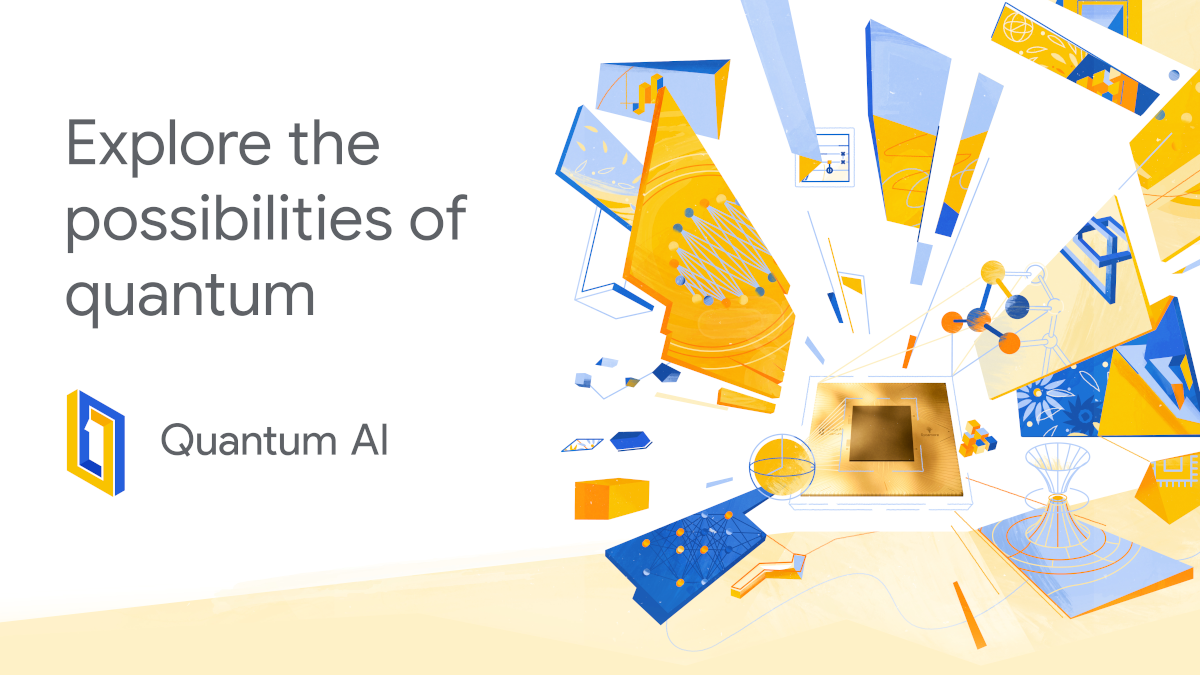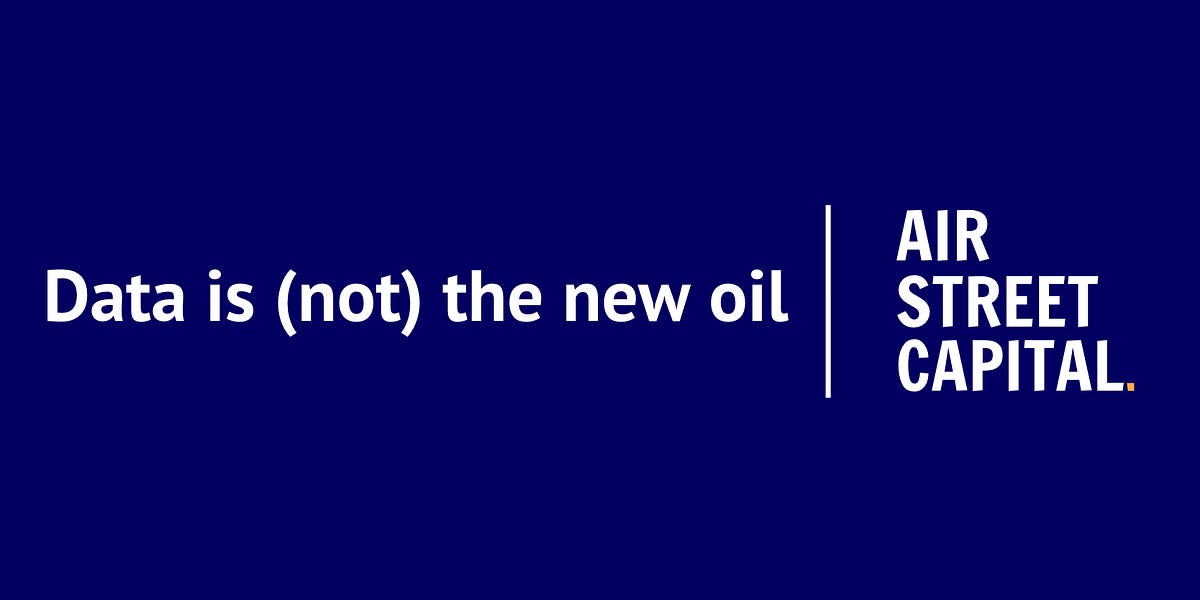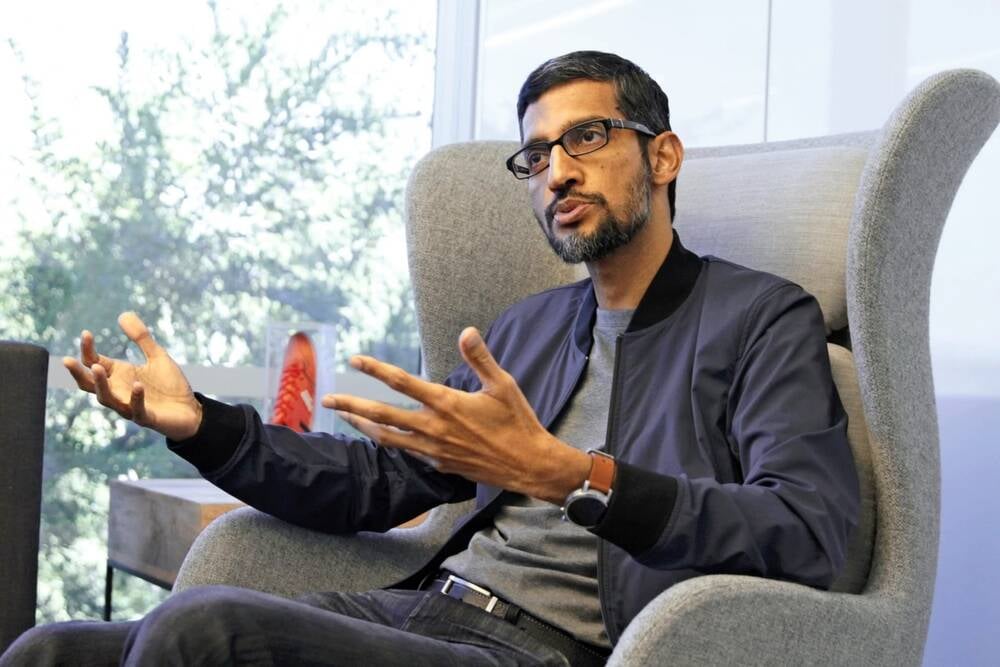ScienceDaily reports that quantum machine learning has reached a limit.
A new theorem from the field of quantum machine learning has poked a major hole in the accepted understanding about information scrambling.
"Our theorem implies that we are not going to be able to use quantum machine learning to learn typical random or chaotic processes, such as black holes. In this sense, it places a fundamental limit on the learnability of unknown processes," said Zoe Holmes, a post-doc at Los Alamos National Laboratory and coauthor of the paper describing the work published today in Physical Review Letters.
"Thankfully, because most physically interesting processes are sufficiently simple or structured so that they do not resemble a random process, the results don't condemn quantum machine learning, but rather highlight the importance of understanding its limits," Holmes said.
In the classic Hayden-Preskill thought experiment, a fictitious Alice tosses information such as a book into a black hole that scrambles the text. Her companion, Bob, can still retrieve it using entanglement, a unique feature of quantum physics. However, the new work proves that fundamental constraints on Bob's ability to learn the particulars of a given black hole's physics means that reconstructing the information in the book is going to be very difficult or even impossible.





















